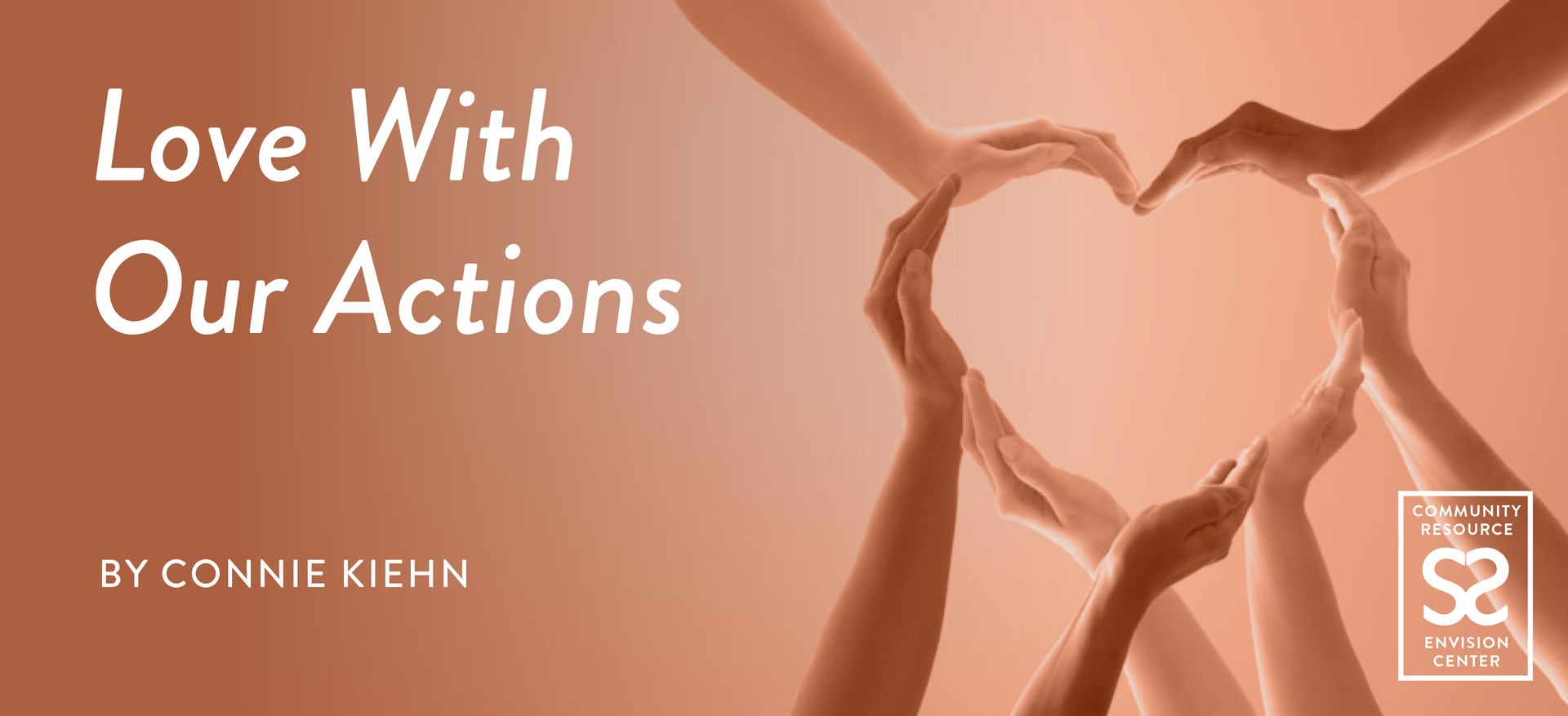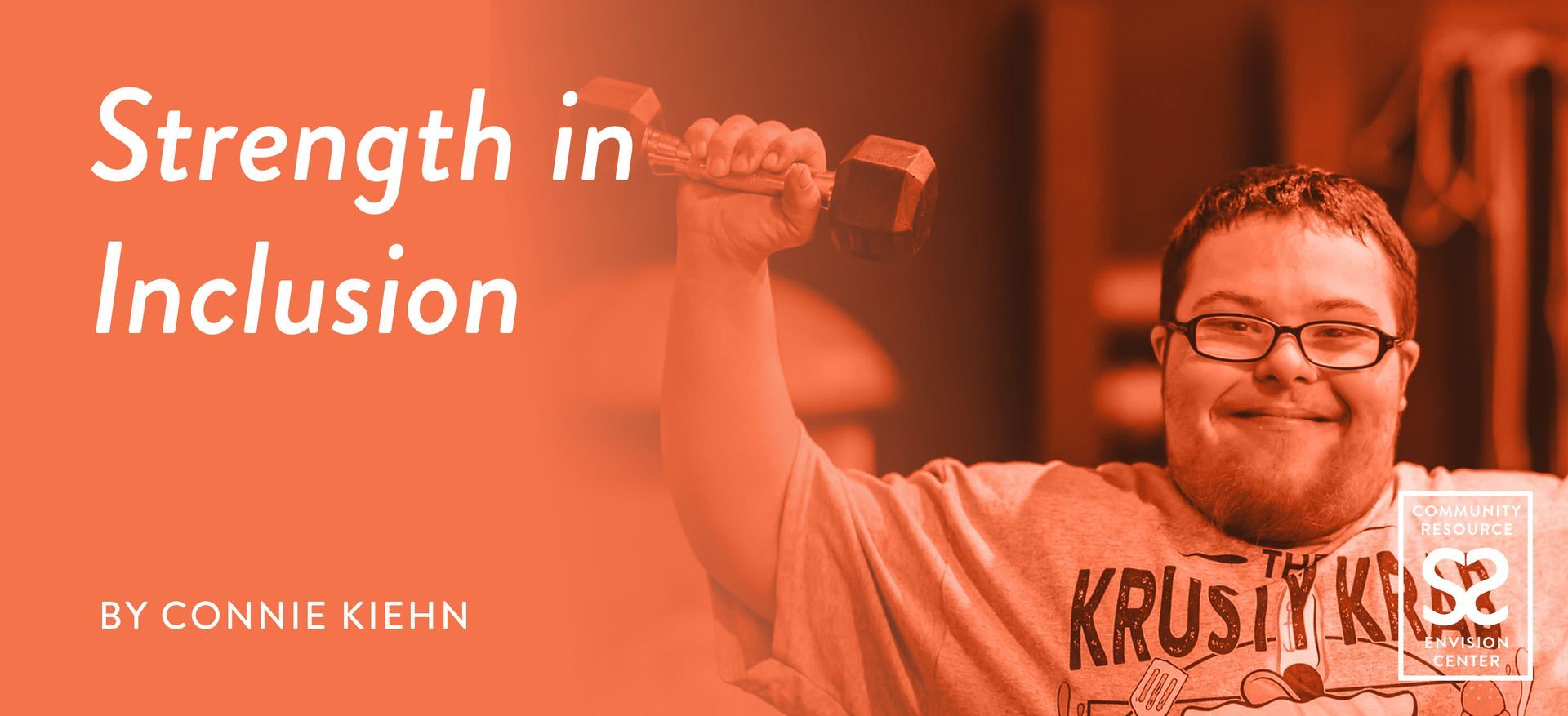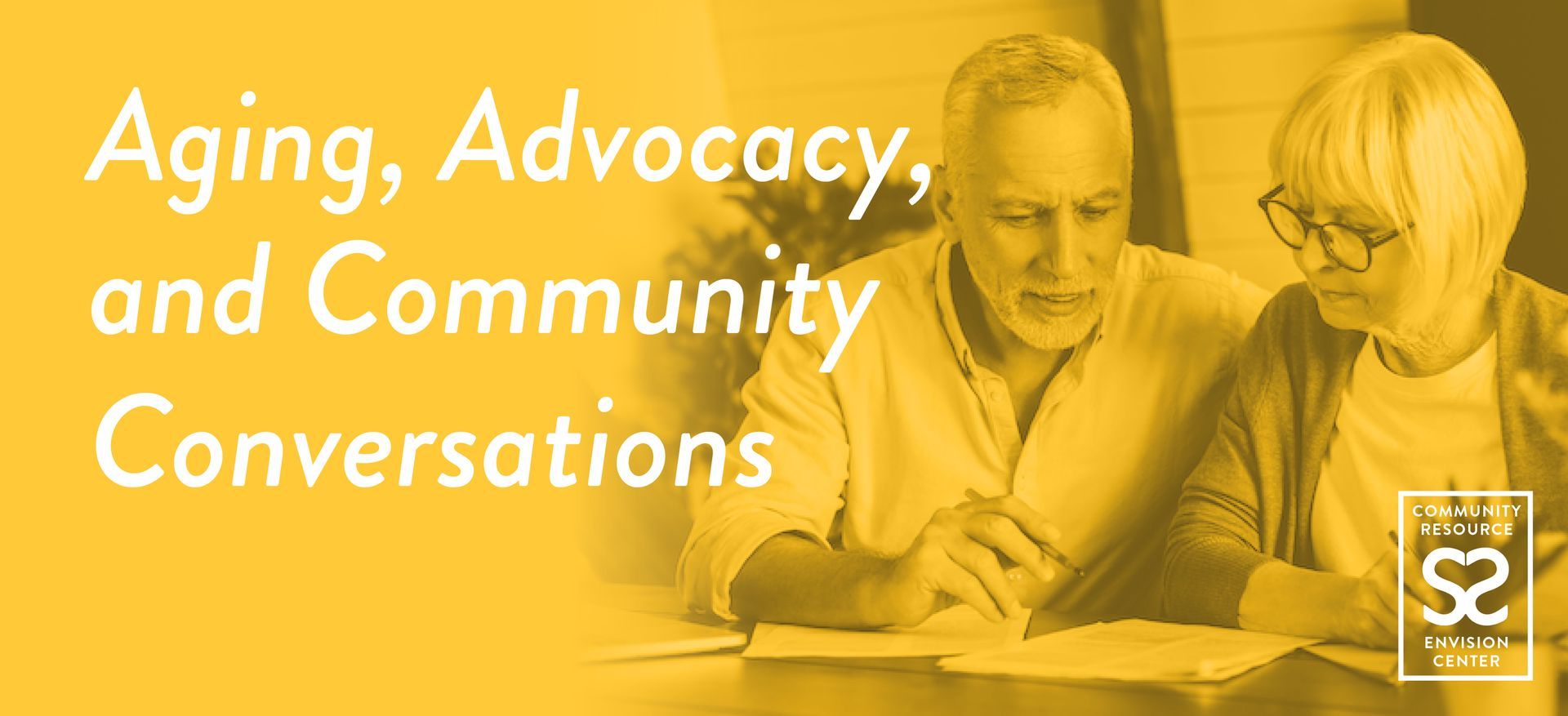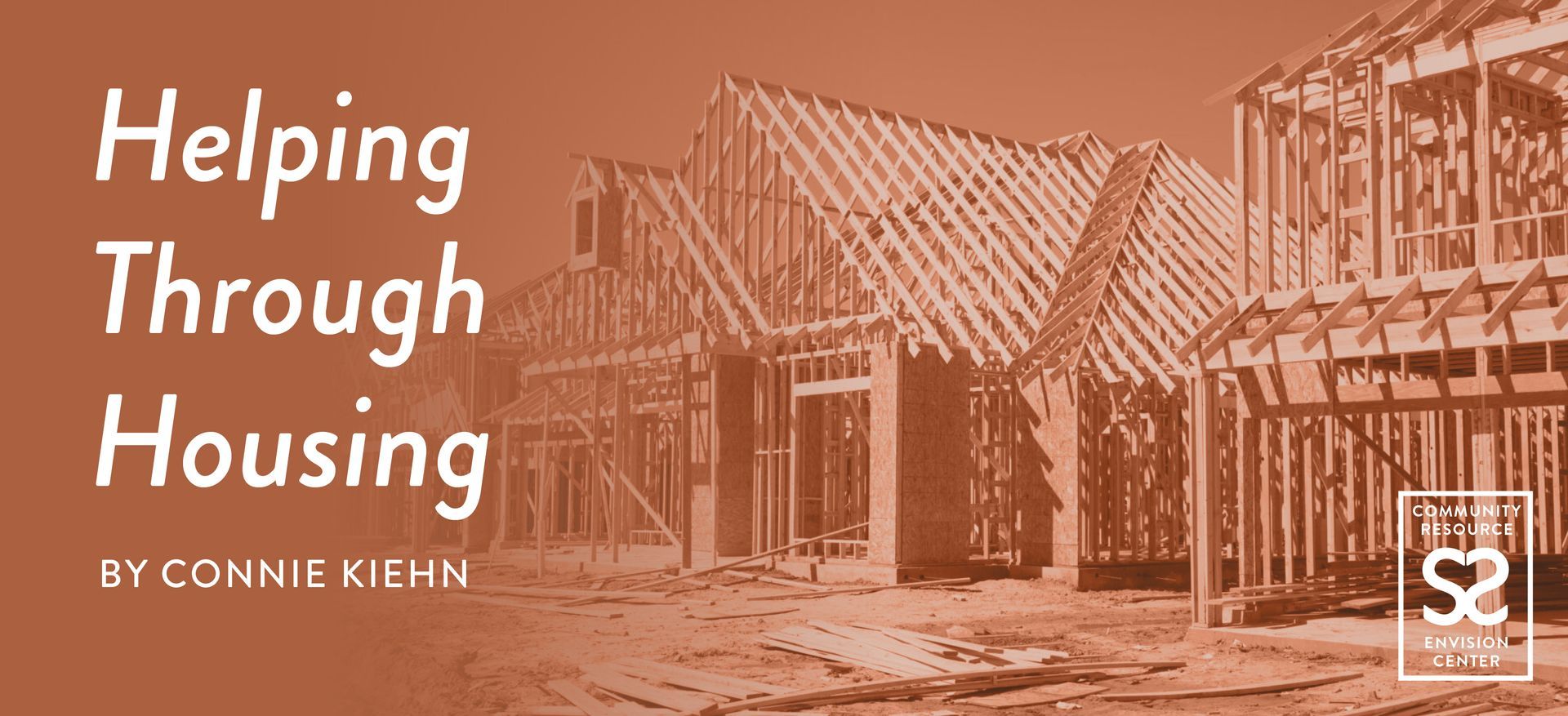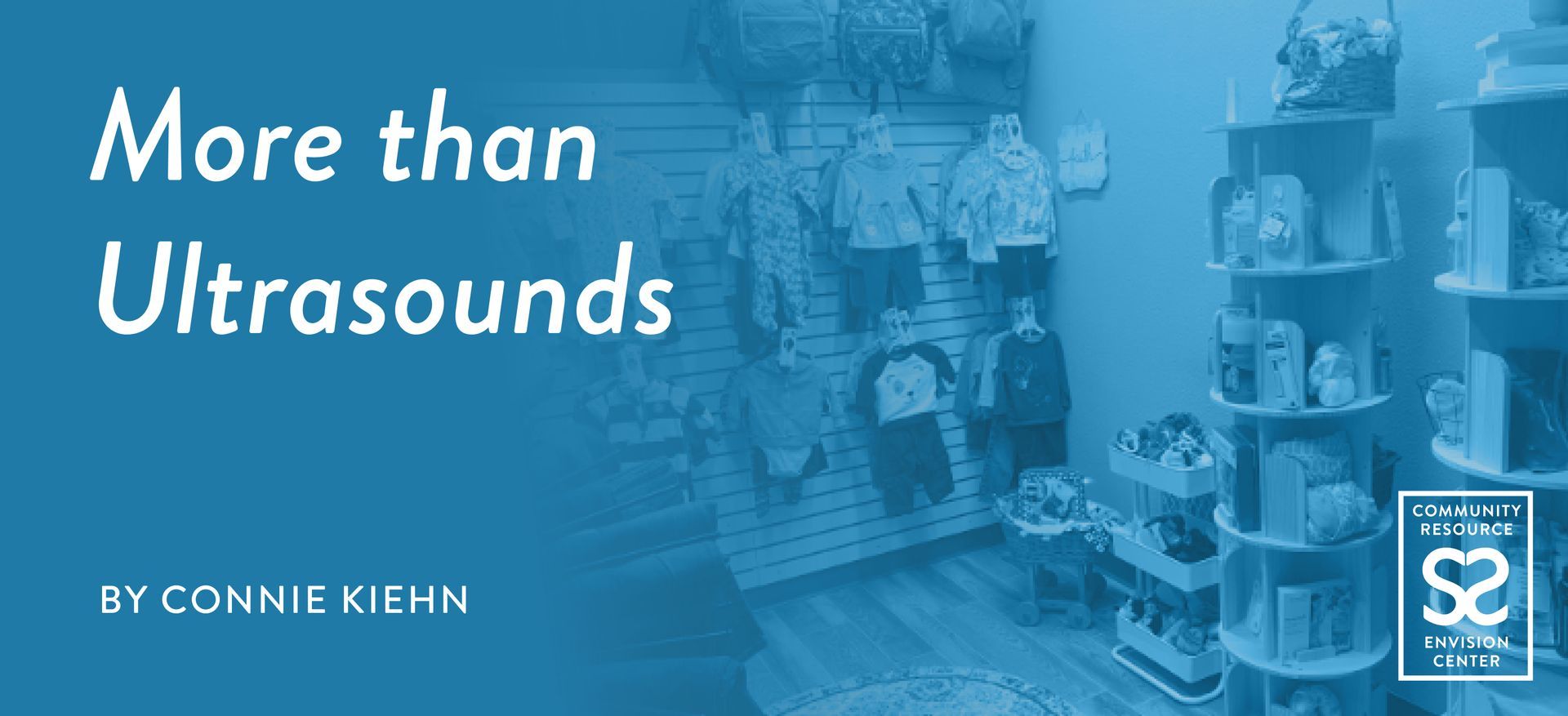It may surprise some to learn of the other ways clutter impedes our overall health.

Charities and nonprofits often appeal to donors' emotions by highlighting the impact of their donations. “Your donations helped 150 children last year” or “Without your donations, many families would go hungry this season.” While these stories are powerful and effective in getting donations, there's a self-serving aspect to donating items too. This goes beyond any good feelings we get from helping someone in need or even the satisfaction of clearing out space in our homes. What we give ourselves when we donate goes deeper than the warm fuzzies and a newly emptied room.
It’s fairly intuitive that a disorganized space is more likely to cause mental stress. However, it may surprise some to learn of the other ways clutter impedes our overall health.
Want to lose weight? Donate your extra stuff!
An Australian-US study showed that people eat more cookies and snacks the more chaotic their home is. The study examined how cluttered environments, like messy kitchens, influence snacking behavior. Female undergraduate participants were exposed to standard or chaotic kitchen conditions and asked to recall experiences of feeling in control or out of control. Results showed that those in chaotic kitchens or with an out-of-control mindset consumed more cookies. According to another study, individuals with extremely cluttered homes are 77% more likely to be overweight compared to those with less cluttered living spaces. Another study found that participants who maintained cleaner living spaces exhibited higher levels of physical activity and overall better health. Struggling to lose those last five pounds? You just might want to declutter.
Want to remember? Donate your extra stuff!
Literal clutter causes mental clutter and mental clutter leads to memory loss. Lynn Hasher, a psychology professor at the University of Toronto, has researched the effects of mental clutter on cognitive function, particularly in the context of age-related memory decline. Hasher and her colleagues have proposed the concept of "inhibition" as a key mechanism underlying age-related memory decline. Inhibition refers to the brain's ability to suppress irrelevant information or distracting thoughts in order to focus on relevant information and tasks. As individuals age, they may experience difficulties with inhibition, leading to increased susceptibility to mental clutter and interference, which can impair memory performance. Another study indicated that clutter can impair memory encoding, retrieval, and consolidation processes. Just looking at a mess contributes to cognitive overload and can reduce our working memory. Do you find yourself constantly forgetting things? You just might want to declutter.
Want to improve your relationships? Donate your extra stuff!
A
Cornell University study found that more stuff makes it harder to read the emotions of those around you.
Other research has discovered that background clutter can impede participants' accuracy in identifying the emotions portrayed by movie characters' faces. In relationships, this obstacle may contribute to misunderstandings and hinder effective communication. Do you feel like you and your spouse have been talking past each other? You just might want to declutter.
Research linking the positive effects of decluttering and mental health is endless. It’s hard to say who benefits more—the giver or the receiver? So give freely, give joyfully, give selflessly or give
selfishly. The recipient of your generosity won't mind your motives.

